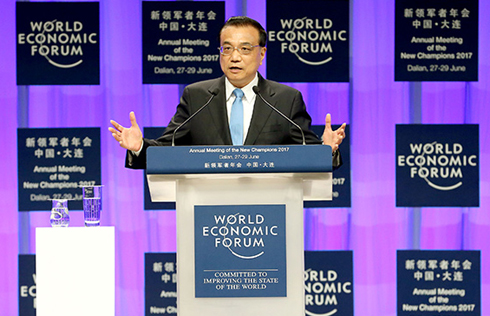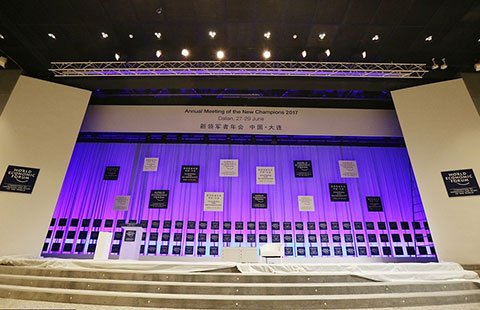EU's trade policy 'contradicts climate policy'
STOCKHOLM -- The current trade policy of the European Union is increasingly contradicting its climate policy, and hurting consumers' interests, according to a Swedish expert on EU policies.
With more frequent use of Trade Defense Instruments, or TDI, in recent years, the EU has affected "the availability of affordable renewable energy in the EU market to the detriment of the consumers and the environment," said Jonas Kasteng, trade policy adviser at the Swedish National Board of Trade.
In an interview with Xinhua on Wednesday, he said the Swedish National Board of Trade, a government agency responsible for trade-related issues,is concerned by the new trend of EU's use of TDI against renewable energy sources, such as biodiesel, bioethanol and solar panels.
According to his latest report, EU's TDI measures on renewable energy sources affect an estimated import value of about 14 billion euros ($18.7 billion), almost 75 percent of the total import value affected by such measures.
"The EU's climate policy recognizes the need to empower the consumers and to increase competition in the EU's renewable energy market, in order to raise the share of renewable energy sources to 20 percent by 2020. The EU's TDI policy is, however, moving in the opposite direction." he said.
He emphasized that increasing the price of renewable energy imports will hurt employment opportunities in the renewable energy sector and ultimately hurt the environment.
The Swedish National Board of Trade considers EU's TDI should be "in line with the bloc's climate policy" and suggests that the EU should consider environmental impacts before slapping punitive duties on imported products, said Jonas.
These measures should only be imposed if they are not against the overall interests of the EU, he added.
"Unfortunately, environmental aspects are not considered in the EU's trade defense investigations as of today," he said, indicating that under such circumstances, negative impacts are created for the environment as well as for the renewable energy sector.
"The most competitive European companies are globalized and the imposition of measures on intermediate products will affect the global production, supply and value chains negatively."
To make its trade policy more environment-friendly, Jonas said, the EU should make earnest efforts to increase transparency in trade regulations and policies, to build an efficient internal market and to contribute to the establishment of an open and strong multilateral trading system.
- China gets praises, expectations in WTO trade policy review
- WTO starts 4th trade policy review of China
- China to keep foreign trade policies stable
- China's EU wine probe sparks worries
- Netherlands opposes EU duties on China solar panels
- Trina Solar sounds alarm over EU's punitive duties on Chinese solar panels

























